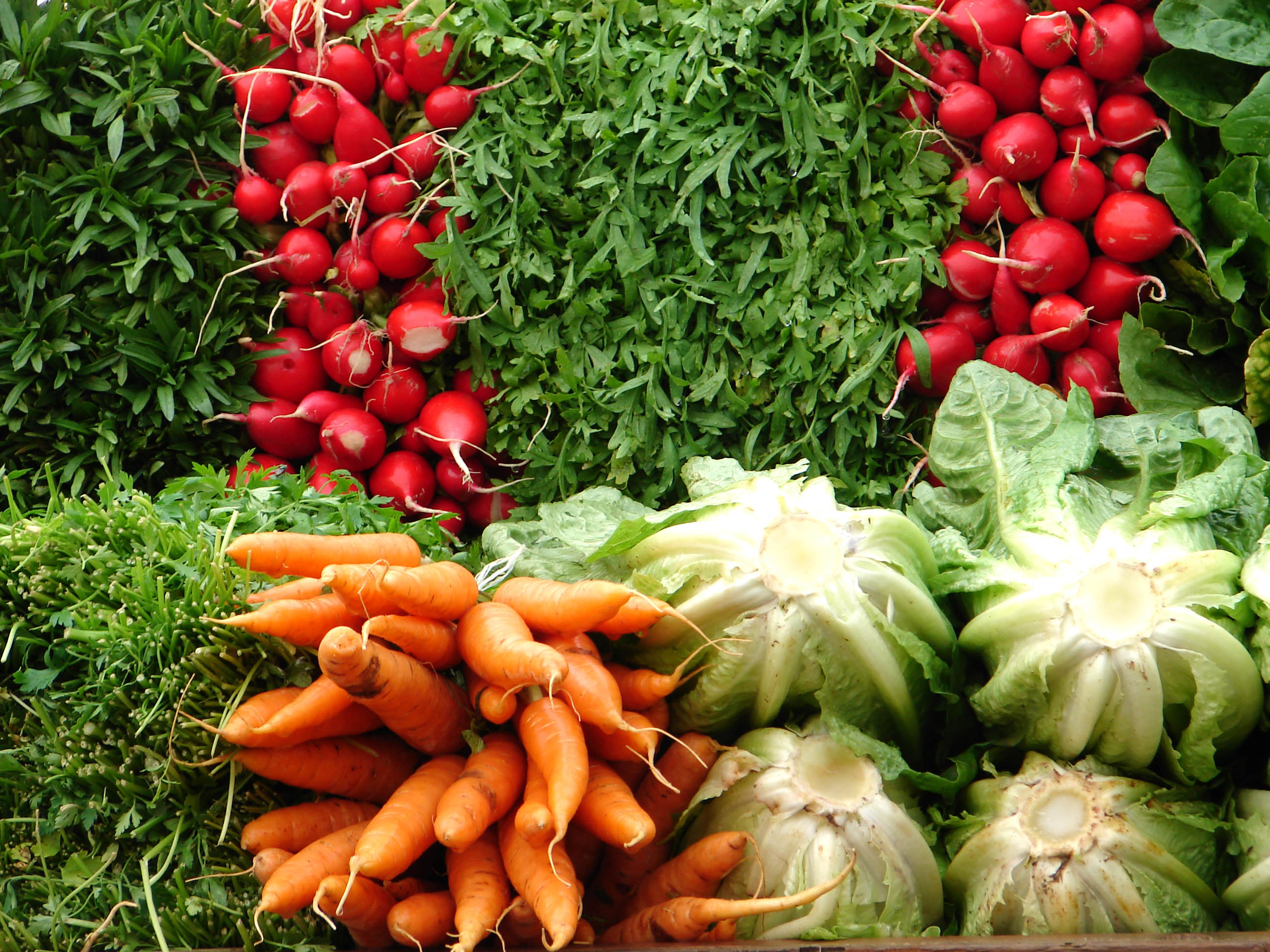Fresh Garden Produce!

Last week Victoria’s home composting article outlined the success she had while making her aware of the amount of food being wasted.
It’s estimated that 40% of food in the U.S. is never eaten, and each U.S. household wastes at least $1500 in food each year; and it doesn’t count the waste of the resources used to produce that food or get it to your home. Check out this article for a variety of easy steps you can take to save food, money, and resources.
If you have planted a garden, participate in a CSA, or go to a farmers market, you (hopefully) have a lot of produce. If you are like some of us, you end up with a lot of the same kind of vegetable or a lot of vegetables at once; which could be more than you can eat.
Not sure what to do with your extra zucchinis?
Don’t know how to preserve fruits to use later this winter?
What about all those tomatoes?
LiveGreen can help you reduce food waste and save you money!
Visit our Recipe board on Pinterest for lots of new-to-you recipes that include fresh fruits, vegetables, and herbs. There’s also meatless recipes, organic recipes, and light and fresh recipes that are perfect for those hot summer days!
You can also go to our Food board on Pinterest to find numerous resources on how different vegetables and fruits can be preserved for long periods of time including canning and freezing.
Not a good harvest? Our Garden board can help with common ailments or check out the Douglas/Sarpy County Extension; their master gardeners can help with lots of problems and questions, and their website has lots of topics…It’s not too late!
You may also be interested in Edible Omaha, (currently on hiatus) a free publication that highlights clean eating, sustainable food sources and local and organic food. They have a digital version of their publication and numerous recipes posted online.
If you have planted non-hybrid (heirloom) plants you may be interested in seed saving. Saving seeds helps to preserve some of the genetic diversity of plants to increase qualities such as drought-tolerance, heat-and-cold-tolerance, and disease resistance. For information on how to do so, check out this seed saving handbook.
Planted only hybrids this year? Consider checking seeds out from the Benson Library or Seed Savers Exchange next year to start your crop.
